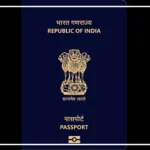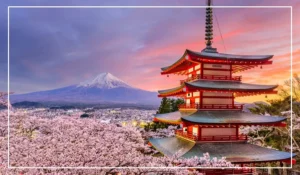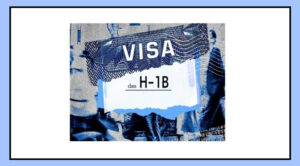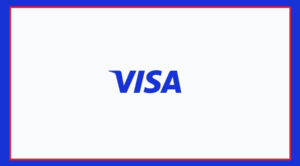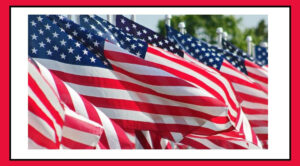Starting November 1, 2025, the U.S. Department of State is requiring all immigrant visa applicants to attend their visa interviews in their country of nationality or designated consular district, with only limited exceptions.
The National Visa Center (NVC) will now schedule interviews based on the applicant’s country of residence or nationality.
For residents of countries where routine visa operations are suspended, applicants must apply at the designated immigrant visa processing post, unless they are nationals of another country where visa operations are ongoing.
For nonimmigrant visa applicants, interviews must also be scheduled in the applicant’s country of nationality or residence.
Those applying outside these areas may face difficulties qualifying for the visa.
Importantly, fees paid for applications outside the designated area are non-refundable and non-transferable.
What This Means for Applicants
These changes also apply to Diversity Visa (DV-2026) applicants.
Existing immigrant visa appointments are not automatically rescheduled or cancelled.
However, applicants who wish to change their consular district after scheduling must contact the National Visa Center using their Public Inquiry Form, rather than approaching the consulate directly.
The Department of State may request additional information if an applicant applies outside their assigned district.
Rare exceptions may be considered only in cases of humanitarian, medical emergencies, or foreign policy reasons.
Important Tips
Always check your designated consular district before scheduling a visa interview.
Nonimmigrant applicants should avoid applying outside their country of residence or nationality to prevent complications.
Keep updated with the National Visa Center announcements, including the list of designated visa processing posts released on October 10, 2025.
Following these rules ensures a smoother visa process and helps avoid delays or complications in obtaining a U.S. visa.






